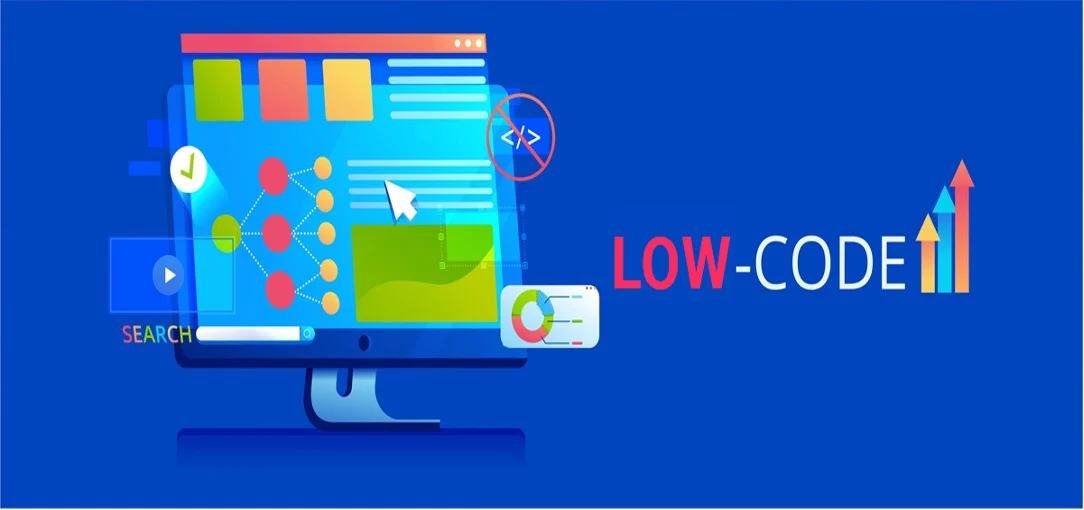Introduction
In the ever-evolving landscape of business management software, Odoo has consistently stood out as a versatile and robust solution. One of its lesser-known yet immensely powerful features is Server Actions. These actions can automate complex tasks, streamline workflows, and improve efficiency across various departments. In this article, we will delve deep into Odoo Server Actions Example, offering a comprehensive example guide to help you harness their full potential.
Understanding Odoo Server Actions
Before we dive into specific examples, it’s crucial to grasp the concept of Server Actions within Odoo. Essentially, a Server Action is a predefined set of instructions executed on specific events or triggers. These actions can range from sending emails and updating records to generating reports and performing custom computations.
Now, let’s explore some real-world examples of how Odoo Server Actions can be leveraged to enhance your business operations.
Example 1: Automating Email Notifications
Imagine you run an e-commerce store using Odoo, and you want to notify customers at different stages of their order processing. With Odoo Server Actions, you can automate this process seamlessly.
- Create a Server Action for Order Confirmation: Start by defining a Server Action that triggers when a new order is confirmed. Set the trigger event as “On Create” for the order.
- Define the Action: In the action, you can specify the conditions, recipients, and content of the email notification. Include dynamic variables like the customer’s name, order details, and a thank-you message. This personalized touch can enhance customer satisfaction.
- Set up Automation: Schedule this Server Action to run automatically upon order confirmation. This ensures that customers receive an immediate confirmation email, reducing uncertainty and increasing their trust in your business.
- Create Additional Notifications: Extend this example by creating Server Actions for other order-related events, such as order shipment and delivery. Each action can provide customers with timely updates, enhancing their overall shopping experience.
Example 2: Generating Monthly Sales Reports
For a better overview of your business’s performance, generating comprehensive monthly sales reports is essential. Odoo Server Actions make this task effortless.
- Create a Scheduled Server Action: Configure a Server Action that runs on a scheduled basis, e.g., the first day of each month.
- Define Report Generation: In the action, select the appropriate model (e.g., Sales Orders) and set the filter criteria for the current month. Specify the report format, such as PDF or Excel.
- Automate Email Delivery: Attach the generated report to an email and send it to the management team or relevant stakeholders automatically. You can also set up a distribution list to ensure that the right people receive the report promptly.
- Archive Reports: Extend this example further by creating another Server Action to archive the generated reports. This keeps your database clutter-free while retaining historical data for future reference.
Example 3: Updating Product Pricing
Maintaining up-to-date pricing for your products is vital for competitiveness and customer trust. Odoo Server Actions simplify this by automating price updates based on predefined criteria.
- Create a Server Action Trigger: Set up a Server Action that triggers when product cost prices change.
- Define the Action: Specify the logic for price updates, such as applying a fixed markup percentage or fetching data from a supplier’s feed. Odoo’s powerful scripting capabilities allow for complex calculations and decision-making.
- Automate Execution: Once configured, the Server Action will automatically adjust product prices when cost prices change. You can also set up notifications to alert your sales and marketing teams about pricing updates, ensuring a coordinated response.
- Implement Price Versioning: To add an extra layer of control, consider implementing price versioning using Odoo Server Actions. This allows you to maintain a history of price changes, making it easier to analyze pricing strategies and respond to market fluctuations effectively.
Conclusion
Odoo Server Actions are a game-changer for businesses seeking to streamline their operations, reduce manual tasks, and improve overall efficiency. In this article, we explored several practical Odoo Server Action examples, illustrating how these actions can be implemented to enhance your Odoo experience.
From automating email notifications, generating detailed reports, and maintaining accurate product pricing, the possibilities with Odoo Server Actions are endless. By harnessing their power, you can save time, minimize errors, and focus on what truly matters—growing your business.
So, why wait? Start implementing Server Actions in your Odoo instance today and unlock the full potential of your digital solutions. For expert guidance and tailored Odoo Server Action solutions, don’t hesitate to reach out to our team at Singleclic. We’re here to support your digital transformation journey and help you thrive in the competitive business landscape. For more information about Odoo Server, checkout our guide here.









